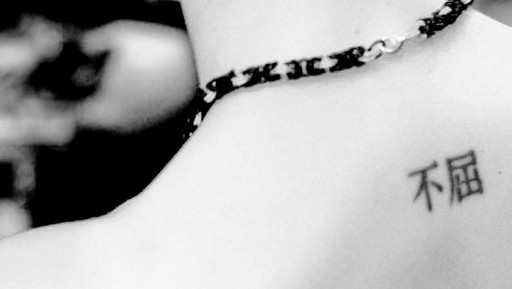
Have you ever wondered how soldiers handle combat? Wondered about the psychological cost of killing, and how some soldiers return with no visible problems from it, and others with serious cases of post-traumatic stress disorder?
Have you ever wondered how you, yourself, would handle a deadly conflict situation? Don't tell me you've never stood in line at the bank, and wondered what you would do if it was robbed. Or walked down a dark street late at night, and wondered how you'd respond if you were attacked.
For anyone who's wondered these things, whether for yourself, or for a loved one in a warrior's role, I recommend, "On Combat".
(Its prequel, "On Killing," is also reportedly excellent, but I haven't read it yet.)
Lt Col Grossman discusses the necessity in society for people willing to do violence with efficient, sympathetic, detail, and outlines some of the strategies used in training for helping society's warriors deal with the difficult tasks we set them to.
The body's responses to combat and other traumas are discussed in detail, explaining such phrases as 'scared shitless' (a real combat response of the parasympathetic nervous system) and a 'mouth dry with fear'. He cites historical examples of these phenomenon, reassuring warriors that they are not alone, they are not the first to feel these things- and most of all, that it does not mean that they are cowards.
He goes on to describe the psychological aspects of combat and killing, explaining how prior mental preparation is everything for the warrior, and explaining some training techiniques used by both police departments and the military.
Far from being a primer on how "real men don't mind killing," "On Combat" is a sympathetic look into the difficulties of being one of the warriors that the rest of us count on to keep us safe, including suggestions for the 'layperson' on how to talk to those returning from combat and other traumas and a peek into some of what may be going on in their minds.
If you are a military member who may see or has seen combat, or a member of any of the peacekeeping services (and yes, LtCol Grossman and I include paramedics and other 'combat healers' in that definition!), or have a loved one who is, then I highly recommend this book.





No comments:
Post a Comment